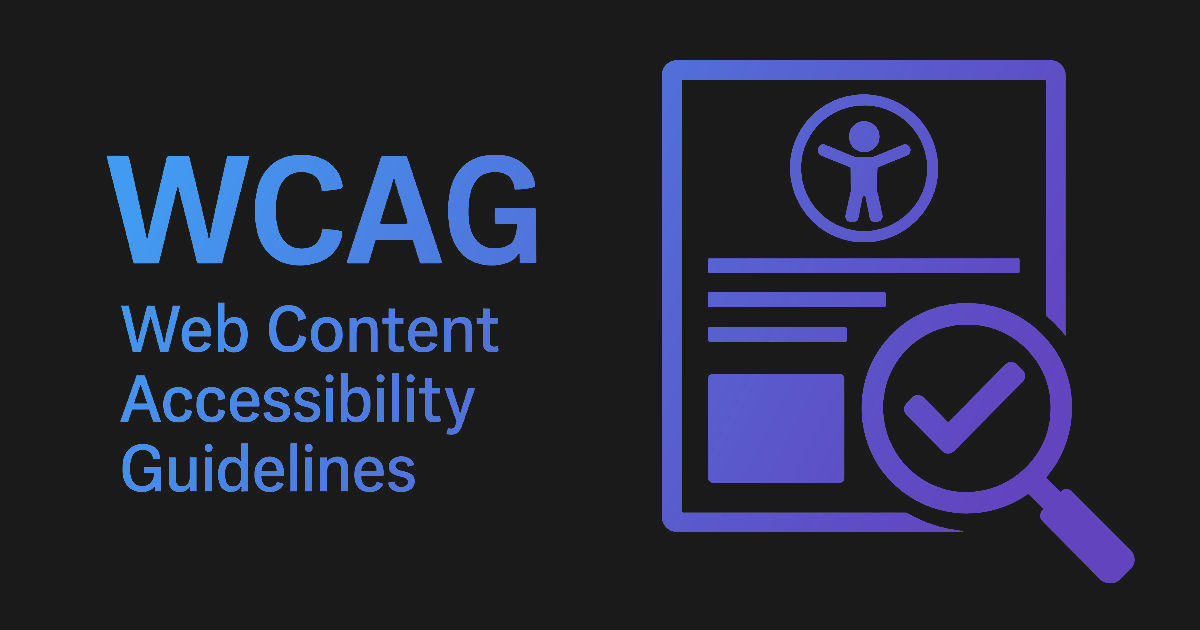Accessibility—or officially, web accessibility—is not an extra feature. It’s the foundation that allows people with visual, hearing, mobility, or cognitive impairments to use digital services just as effectively as anyone else. Many mistakenly think it’s only about screen reader support, but it’s much more than that:
- Logical content structure,
- Clear navigation,
- Easily readable text,
- High-contrast design,
- Captioned videos,
- And the list goes on.
In the European Union, the EN 301 549 standard has become the basis for mandatory accessibility requirements. Meeting these standards is not just about legal compliance—it also offers a long-term competitive advantage. Accessible websites improve SEO, enhance user experience (UX), reduce bounce rates—and yes, they’ll also boost conversion rates.
The biggest challenge often lies in the fact that accessibility isn’t the job of a single expert. It’s a complex process that developers, designers, and content creators all need to understand—especially if we want sustainable, truly usable solutions in the long run.
Our expert team, for example, offers a comprehensive web accessibility process:
- From audits based on WCAG 2.2 or EN 301 549 standards,
- Through detailed lists of issues and developer guidelines,
- egészen a megfelelőségi nyilatkozat kiadásáig.
- What’s especially valuable: their “best practice” recommendations often go beyond the standards—meaning they don’t just help you comply, they make your website better.
One well-known figure in this field in Hungary is Zsolt Edelényi, a CPWA-certified expert we’ve been collaborating with for a long time. His personal motivation stems from his visually impaired wife’s struggles, which brought him close to this topic. Since then, he’s gained significant recognition not just domestically but internationally as well. His talks—like the one at WordPress Accessibility Day—make it clear: modern design and accessibility don’t need to exclude each other. In fact, well-accessible websites are often better—not just for those who need them, but for all users.
The deadline is approaching. Those who haven’t started the transition need to act now. Redesigning an entire site or even just auditing it takes time—but the risk of digital exclusion and potential fines outweighs that by far. Don’t do it solely because of legal requirements—but because this is the future of the web. And that future belongs to everyone.
If you need any help with web accessibility, reach out to us. We offer not just development support but expert assistance on WCAG topics as well.
